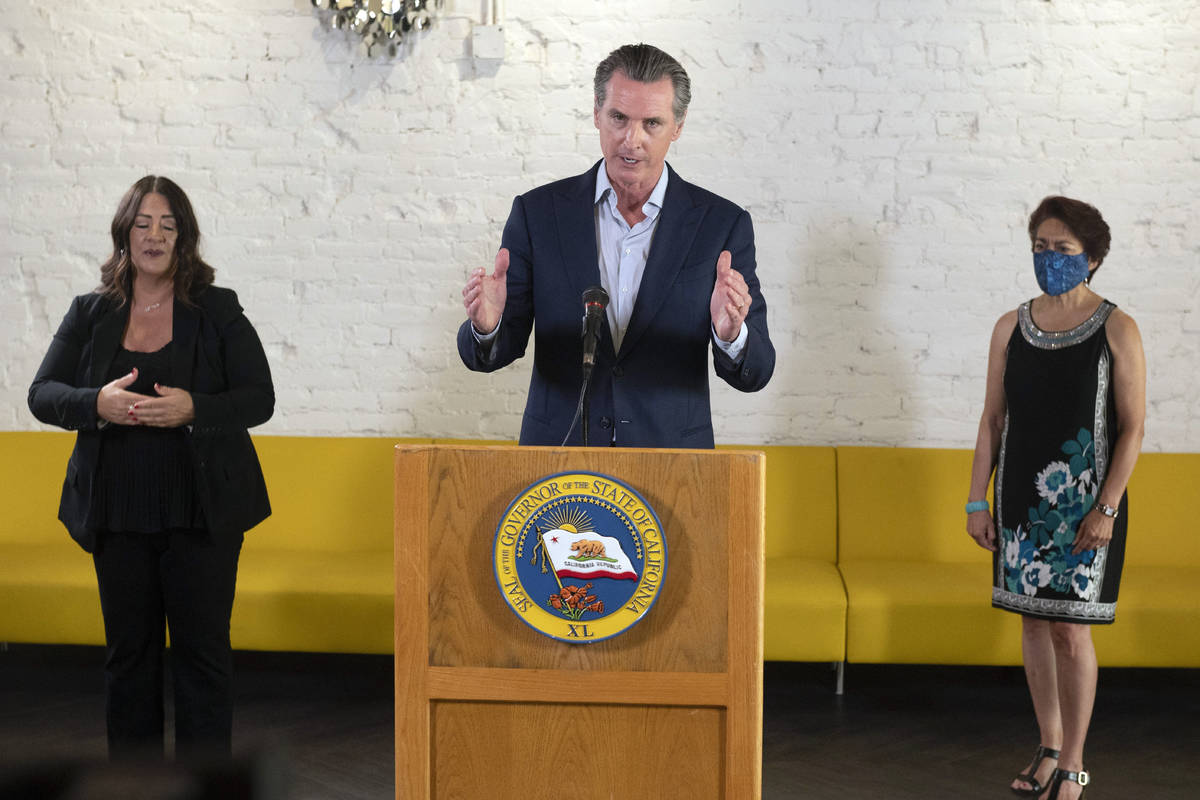EDITORIAL: California reverses course on AB5
Supposed good intentions aren’t enough to make good public policy. Independent contractors in California learned that the hard way.
Last September, California Gov. Gavin Newsom signed AB5, which imposed strict new requirements on how businesses used independent contractors. Newsom and his Democratic allies argued that companies mislabeled workers as contractors to avoid the costs of employees. Those costs can include paid sick leave, health insurance and unemployment insurance. Laura Padin, an attorney with the National Employment Law Project, told Business Insider that companies save 30 percent on labor costs by using freelancers instead of full-time employees.
Companies contended that “independent contractor” status allows workers the flexibility to set their own hours or work for multiple companies simultaneously.
The highest profile targets of the bill were Uber and Lyft. But despite all the rhetoric about helping workers, it was obvious that the primary motivation for this bill was to make it easier for unions — a primary financial benefactor of Democratic politicians — to organize those workers and dismantle the “gig” economy.
The proposal, however, didn’t restrict its requirements to app-based tech companies. It also covered sports coaches, freelance writers, artists, appraisers and musicians.
“As one of the strongest economies in the world, California is now setting the global standard for worker protections for other states and countries to follow,” said Assemblywoman Lorena Gonzalez, the sponsor of AB5. In fact, Ms. Gonzalez, like many progressives, didn’t have a clue about the real-world ramifications of her meddling.
Rather than deal with the hassle and expense of converting freelancers to employees, some companies eliminated such jobs entirely. Others used independent contractors outside of California. Many independent contractors, who preferred the flexibility of freelancing, protested vigorously. Family priorities or a disability prevented them from working a traditional 9-to-5 job. AB5 took away that option.
Rather than setting an example for others, Newsom and Gonzalez beat a hasty retreat. Earlier this month, the governor signed a bill rolling back some of the requirements. The law no longer applies to writers, photographers, translators, musicians and appraisers, among others.
The law has yet to apply to ride-share drivers either. Uber and Lyft have tied up the measure in court and funded an initiative seeking to remove their drivers from the requirements. Unfortunately, rather than repeal AB5 entirely, that initiative, Prop. 22, applies only to app-based drivers. Too often companies seek special exceptions for themselves, rather than fight for underlying principles that would benefit businesses generally.
California’s experience provides a teachable moment for Nevada Democrats. Heavy-handed government intrusions designed to help special interests will have unintended consequences.






















